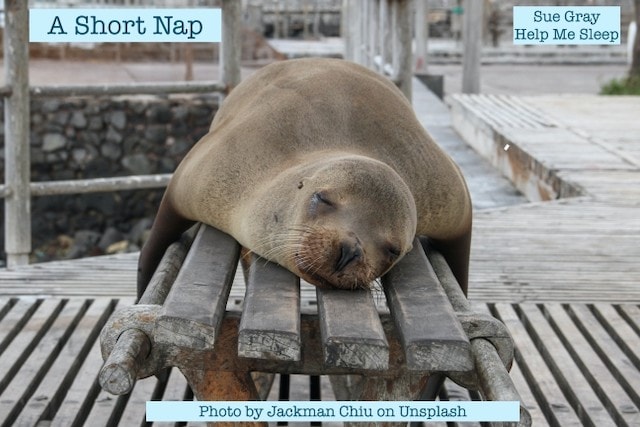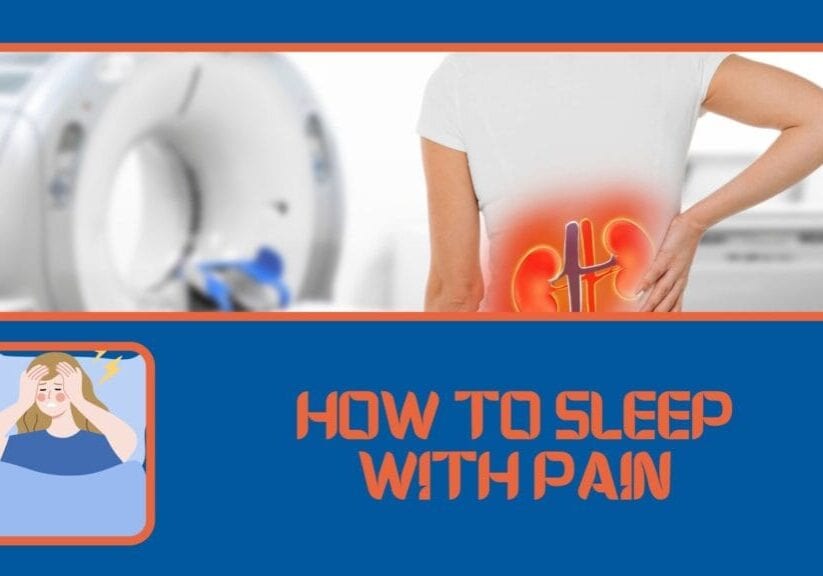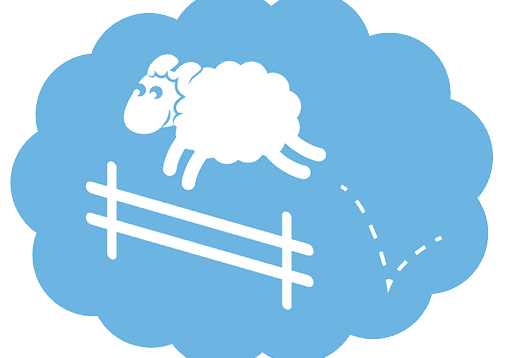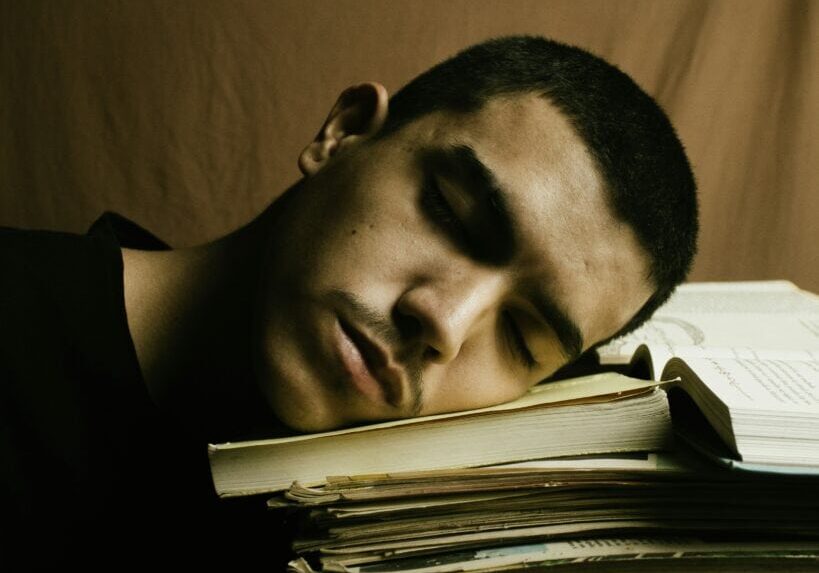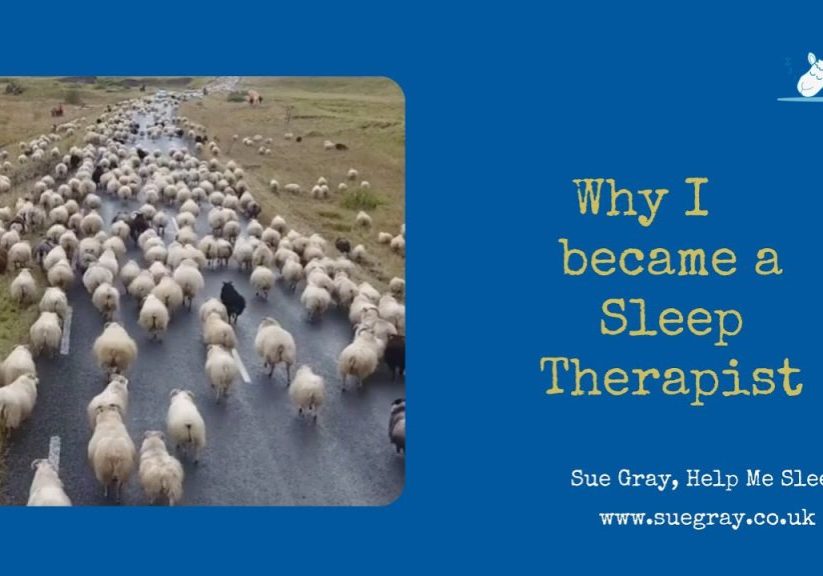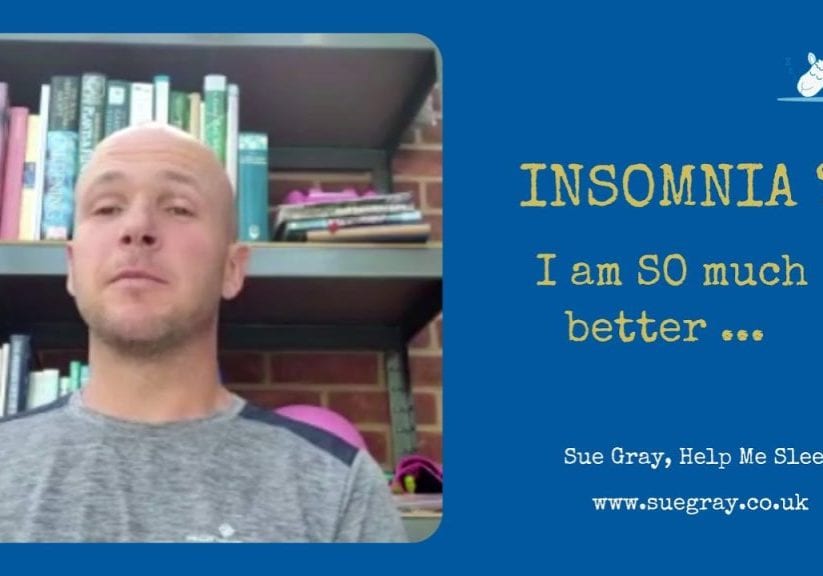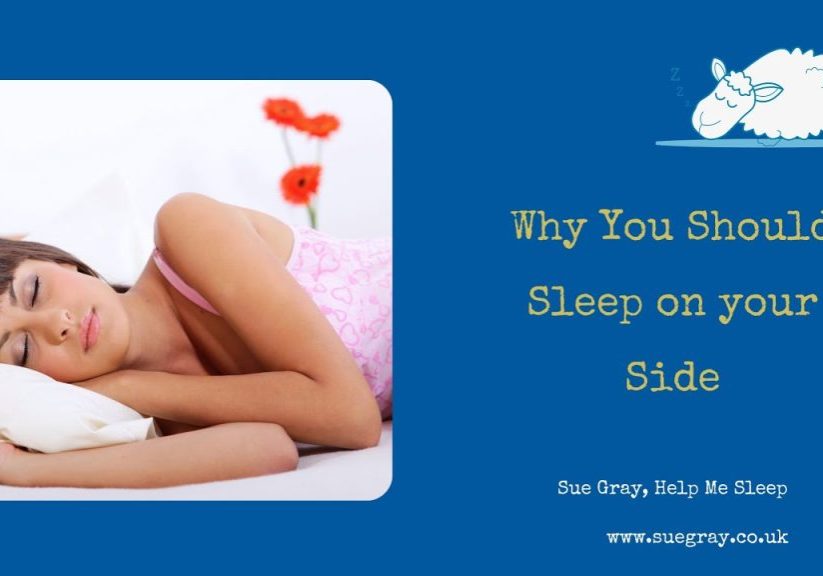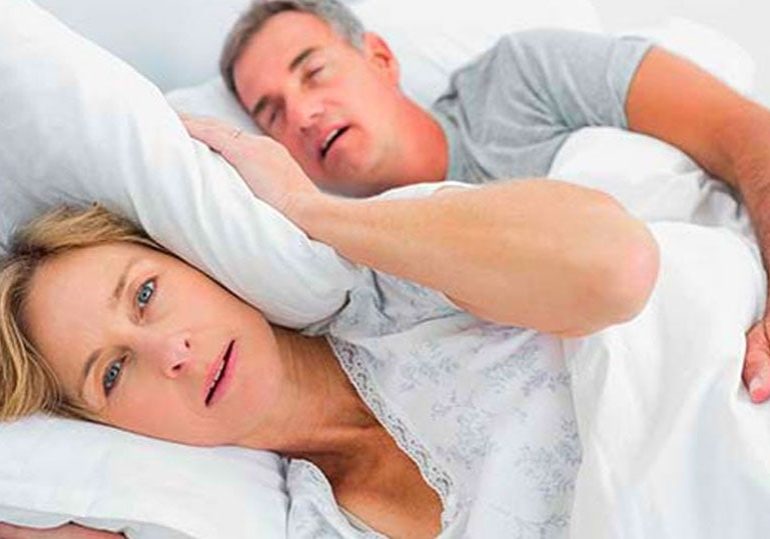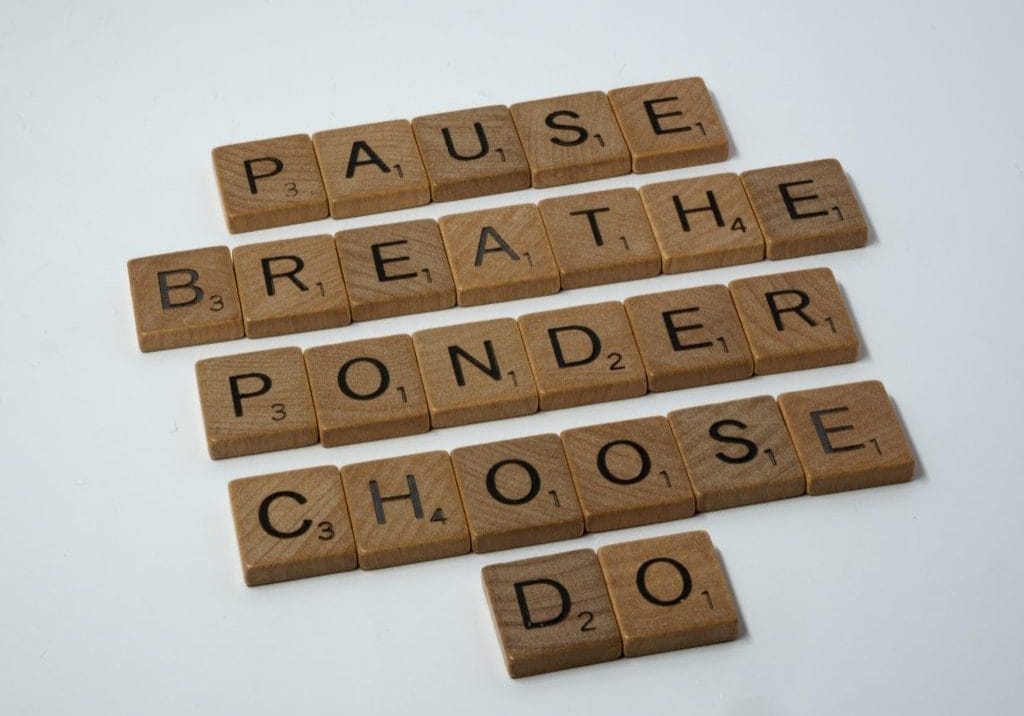To Nap or Not to Nap? That is the Question!
Traditional wisdom says…
“don’t sleep during the day”
“daytime sleep will drive out nighttime sleep”
“sleep is a wonderful thing but needs to be tamed”
But is napping really a bad thing? You know yourself that even small amounts of sleep loss can make it much harder to concentrate and leave us feeling tired and grumpy the following day. Numerous reports into disastrous accidents highlight lack of sleep as an issue, from the Croydon tram crash to the Challenger Space Shuttle, where some managers had had as little as two hours sleep.
I come from a long line of confirmed nappers. My dad would have a nap in the afternoon, and so would my mother and grandmother.
I could never lie still in the afternoon when I was little. But in my mid-twenties, I discovered the wonderful feeling of just stretching out flat for 30 minutes, with my eyes closed. It never mattered if I actually slept – in fact, it was often better if I didn’t. I would ‘wake’ refreshed and often found my subconscious had come up with a solution for something that was bothering me.
I also discovered for myself the dangers of going into a deep sleep and staying in bed for an hour or two. I found it wrecked my nighttime sleep.
Over the years many various experiments over the years have shown the benefits of napping. Richard Wiseman’s excellent book – “Night School: Wake up to the Power of Sleep” is definitely on the side of napping and lists the benefits of different types of naps.
Advice on Napping is changing.
At the end of the day, it is what works for you, and these guidelines can help you decide how best to nap – if at all!
- As little as a SIX MINUTE NAP can sharpen your brain, help you to concentrate, especially if you are very tired. It worth remembering this if you feel tired on a long drive.
- A short nap, of 10 – 20 minutes will help you feel more alert and may help improve your ability to learn new skills and help blood pressure. So if you are studying or learning something new, aim to build in one or two 10 – 20 minute naps.
- A long nap – 20 – 60 minutes gives your brain a chance to go into deeper sleep levels and can help with learning. As you are waking from deeper sleep, you may feel groggy, but this should quickly wear off and leave you feeling more energised. I prefer to have either a shorter or longer nap – I dislike using an alarm to wake me!
- A full 60 – 90-minute nap will give your brain a full REM sleep cycle. As well as the other benefits above, this longer nap helps creative and abstract thinking. As you have gone through a full sleep cycle, you shouldn’t feel groggy when you wake.
- If you want to feel wide away after a 30- minute nap, have a strong cup of coffee beforehand. The caffeine will kick in after about 25 minutes.
- Don’t forget Mediterranean countries traditionally have siestas!
So think about the type of nap you would like and what you need – 90 minutes might be great but it is possible to spend too much time asleep. Would a 20-minute nap do instead? I have a 15 or 20-minute nap most days and just lying there feels so restful and luxurious! I don’t tend to go into anything deeper than the lightness of sleep and then just for a few minutes. But I still open my eyes feeling refreshed!
Naps are wonderful but are no substitute for fixing any sleep problem that might be getting in the way of a good night’s sleep.
There are some sensible warning signs that you might have a sleep problem
Do you feel you not getting enough sleep?
Are you missing out on quality sleep?
Do you regularly feel tired during the day?
Or do you worry you may be sleeping too much during the day?
Or perhaps a snoring partner, chronic pain, or something else is stopping you from sleeping well?
If you answer yes to any of these, it is time to take action to see if you can improve your nighttime sleep and daytime wakefulness. Book your free discovery call today and discover that you really can improve your sleep easily, quickly, and naturally.


